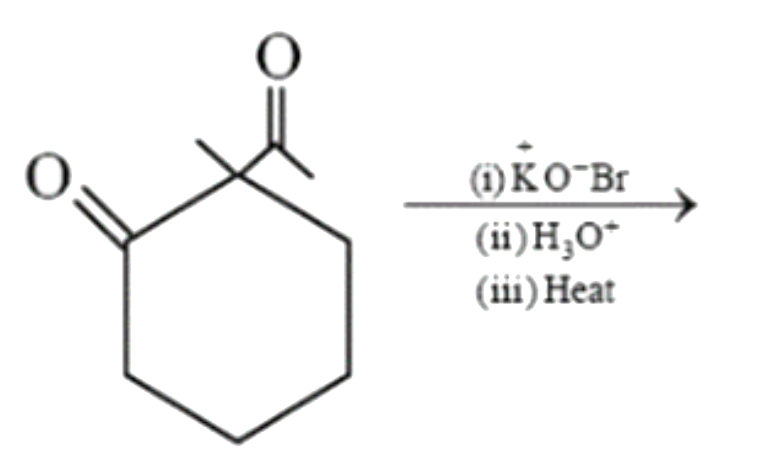Pathways in which complex compounds are converted to simple compounds by the release of energy are
Anabolic pathways
Catabolic pathways
Amphibolic pathways
All the above
The correct Answer is:B
To answer the question, "Pathways in which complex compounds are converted to simple compounds by the release of energy are," we need to understand the types of metabolic pathways involved in cellular metabolism.
1. Understanding Metabolic Pathways: Metabolic pathways are series of chemical reactions occurring within a cell. They can be classified into two main types: anabolic pathways and catabolic pathways.
2. Defining Anabolic Pathways: Anabolic pathways involve the synthesis of complex molecules from simpler ones. This process requires energy, usually in the form of ATP. Therefore, anabolic pathways are endothermic and do not release energy.
3. Defining Catabolic Pathways: Catabolic pathways, on the other hand, involve the breakdown of complex molecules into simpler ones. This breakdown process releases energy, which can be harnessed by the cell for various functions. Thus, catabolic pathways are exothermic.
4. Identifying Amphibolic Pathways: Amphibolic pathways are those that can function in both anabolic and catabolic directions. They can either synthesize complex molecules or break them down, depending on the needs of the cell.
5. Answering the Question: The question specifically asks for pathways that convert complex compounds to simple compounds while releasing energy. This description matches catabolic pathways, as they are responsible for the breakdown of complex molecules and the release of energy.
6. Conclusion: Therefore, the correct answer to the question is catabolic pathway.
Final Answer:
The pathways in which complex compounds are converted to simple compounds by the release of energy are called catabolic pathways.
---
The pathways in which complex compounds are converted to simple compounds by the release of energy are called catabolic pathways.
Topper's Solved these Questions
- BIOMOLECULESBOOK - AAKASH SERIESCHAPTER - BIOMOLECULESEXERCISE - EXERCISE - I (Enzymes -Introduction)
13 Videos
- BIOMOLECULESBOOK - AAKASH SERIESCHAPTER - BIOMOLECULESEXERCISE - EXERCISE - I (Chemical reactions)
4 Videos
- BIOLOGICAL CLASSIFICATIONBOOK - AAKASH SERIESCHAPTER - BIOLOGICAL CLASSIFICATIONEXERCISE - EXERCISE-III (Previous AIPMT/NEET Question)
37 Videos
- CELL CYCLE AND CELL DIVISIONBOOK - AAKASH SERIESCHAPTER - CELL CYCLE AND CELL DIVISIONEXERCISE - Exercise-III
18 Videos
Similar Questions
Qualitative analysis of organic compounds is performed by Lassaigne's test by fusion with metallic sodium, by which the covalent compounds are converted into ionic compounds. Extra elements like N,S,P and halogens are detected by their usual tests.
Q. Which of the following compounds will give positive lassaigne's test for nitrogen
View SolutionIn a complex compound ligand acts as
View Solution
The compound finally gets converted into-
View SolutionQualitative analysis of organic compounds is performed by Lassaigne's test by fusion with metallic sodium, by which the covalent compounds are converted into ionic compounds. Extra elementsline N,S,P andhalogensaredetected by their usual tests.
Q. Beilstein test is given by:
View SolutionSimple and compound leaf
View SolutionPathway.s which consume energy and synthe sise complex compounds are called
View SolutionA simple pinnate compound leaf is
View SolutionWhich compound has largest lattice energy ?
View SolutionThe colour of a complex compound is due to .
View SolutionWhich of the two statements together support that respiratory pathway is an amphibolic pathway ,
(i) Fats breakdown to glycerol and fatty acids, subsequently yields acetyl CoA
(ii) In respiration C-C bonds of complex compounds breakdown through oxidation leading to release of energy
(iii) Acetyl CoA from respiratory pathway is withdrawn for synthesis of fatty acids
(iv) Proteins are degraded by protease to amino acids and enter the respiratory pathway
View Solution
